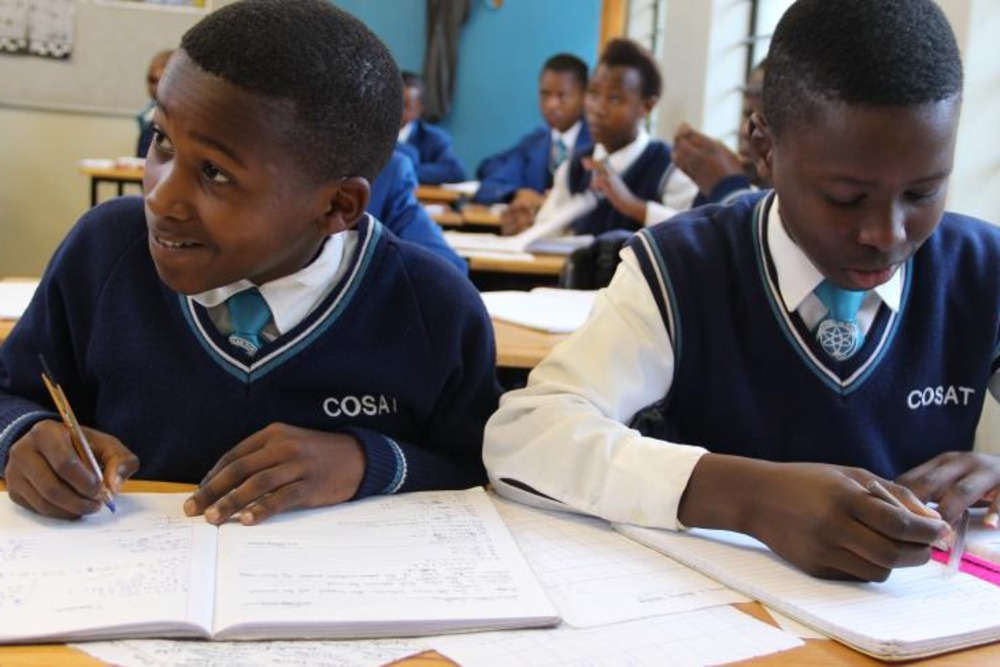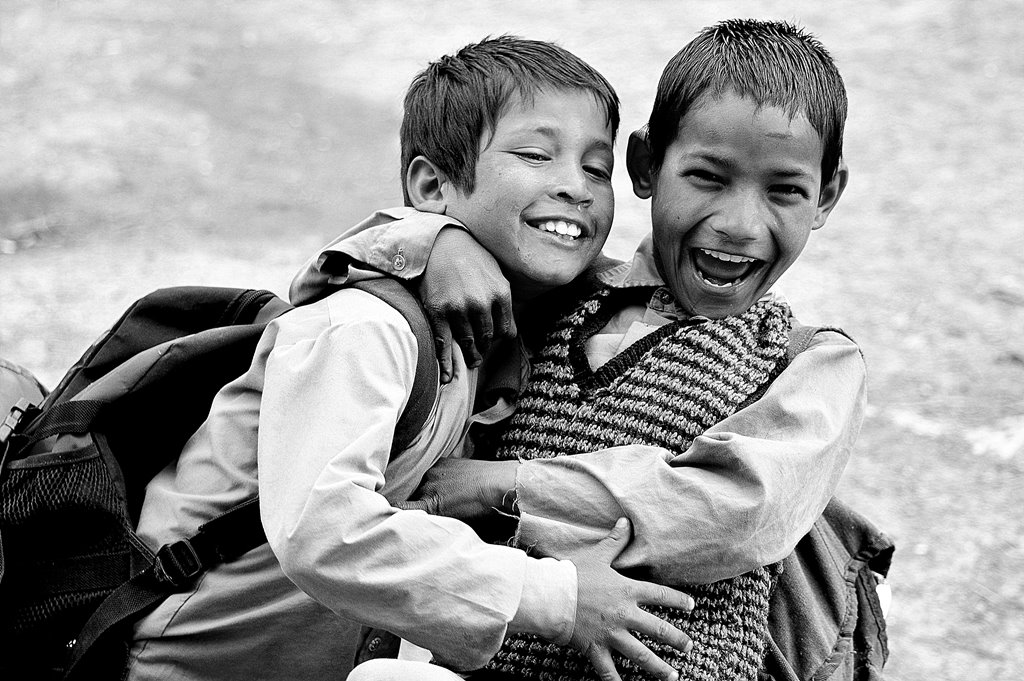Ghana’s education is set to be funded to the tune of $150 million by the World Bank. This donation is meant to revamp the nation’s education sector by boosting the quality provided.
Ghana’s education will be boosted, and the primary beneficiaries will be the over two million children found in the low performing basic education schools.
Ghana’s education to be boosted
According to the World Bank Country Director for Ghana, Pierre Laporte, the funding will be pivotal in enhancing the country’s education system.
Laporte noted:
The project focuses on underserved areas and on improving the quality of education for increased human capital and supports the World Bank’s twin goals of ending poverty and promoting shared prosperity.
The funding to be received will plan an instrumental role in ensuring that Ghana’s education attains the set strategies. Some of the World Bank’s objectives entail propelling equitability, quality, and inclusivity at all education levels.
Ghana’s education enhanced through GALOP
The Ghana Accountability for Learning Outcomes Project (GALOP) has played a pivotal role in supporting learning and teaching through the provision of learning materials and modern in-service teacher training.
The donation to be attained will help strengthen school-level resources and support. Additionally, community engagement will be necessitated for prosperity purposes.
It has also been stipulated that Ghana’s human capital will be promoted through the world bank fund. Improvements in learning and teaching accountability and assessments will be ideal in this objective.
Additionally, the world bank project is founded on Ghana’s Systematic Country Diagnostic that views education as the key to propelling labor productivity.
On the other hand, according to data released by the African Union, African countries have literacy levels of 70%. These statistics, therefore, show that African countries are lagging behind the global literacy rates average at 90%.
The African Union is, however, determined to change this narrative. As a result, in May 2018, it convened a continental meeting titled “Promoting a Culture of Reading in Africa.” It lasted for three (3) days in Addis Ababa, Ethiopia.







